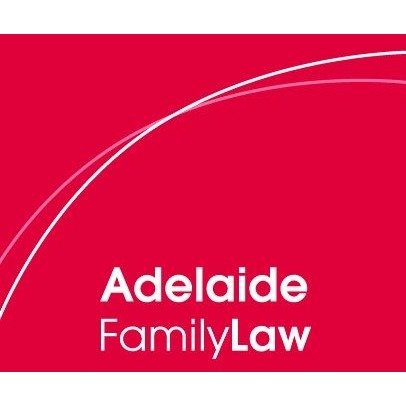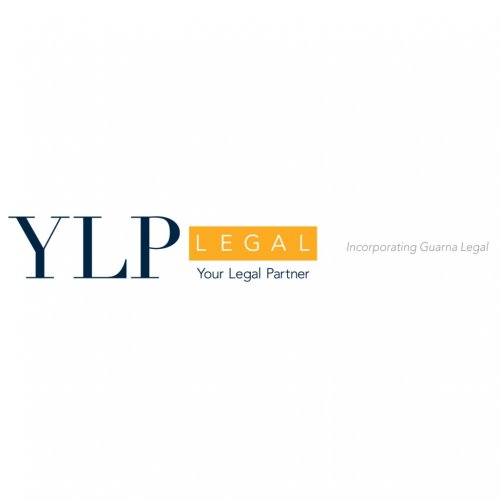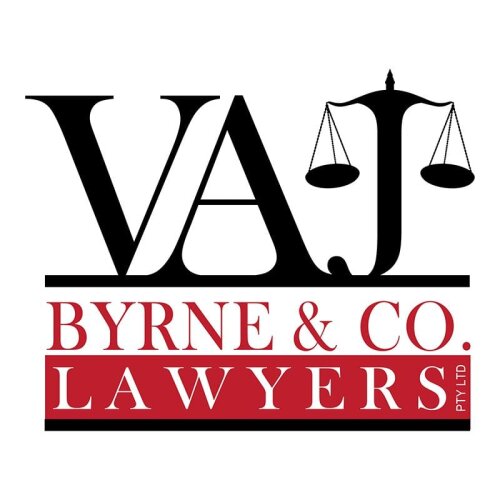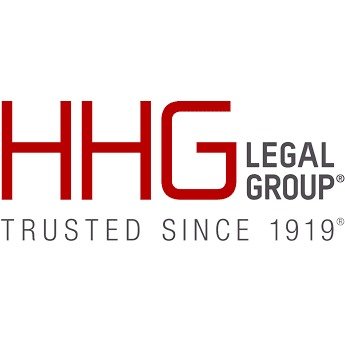Best Child Abuse Lawyers in Australia
Share your needs with us, get contacted by law firms.
Free. Takes 2 min.
Free Guide to Hiring a Family Lawyer
Or refine your search by selecting a city:
List of the best lawyers in Australia
About Child Abuse Law in Australia
Child abuse in Australia is a critical issue addressed through a combination of federal and state laws. It encompasses physical, emotional, and sexual abuse, as well as neglect. The legal framework aims to protect children from harm, ensure their welfare, and provide justice for those affected. Australian laws heavily emphasize mandatory reporting, where certain professionals are legally obliged to report any suspected child abuse, and early intervention measures to prevent abuse before it escalates.
Why You May Need a Lawyer
There are several situations where legal assistance might be necessary in child abuse cases:
- Facing Allegations: If you are accused of child abuse, a lawyer can help you understand your rights and defend against the charges.
- Victims Seeking Justice: Survivors of child abuse may need a lawyer to navigate the legal system and pursue claims against the abuser.
- Child Protection Interventions: Legal assistance may be necessary if child protective services are involved and you need to retain or regain custody of your children.
- Custody Disputes: Allegations of abuse can significantly impact custody arrangements, and legal representation is crucial to protect the child's welfare and advocate for fair arrangements.
- Reporting Obligations: Understanding your obligations if you are a mandatory reporter or if you wish to report suspected abuse.
Local Laws Overview
Each Australian state and territory has specific laws and regulations concerning child abuse, but there are common aspects across the country:
- Mandatory Reporting: Certain professionals, including teachers, doctors, and social workers, are required to report any suspicions of child abuse.
- Protective Orders: Courts can issue protective orders to ensure the safety of a child in dangerous situations.
- Child Protection Services: Government bodies in each state, such as the Department of Child Protection, are tasked with the investigation and intervention in cases of abuse.
- Civil and Criminal Penalties: Perpetrators of child abuse can face significant fines and imprisonment, and victims may have the option to pursue civil claims for compensation.
Frequently Asked Questions
What constitutes child abuse under Australian law?
Child abuse includes physical, emotional, and sexual abuse, along with neglect and exposure to family violence. Any action or inaction that harms or significantly risks harm to a child's health, development, or wellbeing can be considered abuse.
Who is required to report child abuse?
Mandatory reporters typically include healthcare professionals, teachers, childcare workers, and police officers, but requirements can vary between states and territories.
How do I report suspected child abuse?
Reports can be made to the child protection services in your local state or territory. In emergencies, contact the police or emergency services.
Can a child abuse victim sue their perpetrator?
Yes, victims of child abuse can pursue civil action against their abuser for damages. Legal advice is crucial to understand the complexities involved.
What is the role of Child Protection Services?
These services are responsible for investigating reports of child abuse, assessing risk to the child, and taking appropriate action to ensure their safety, which may include removing the child from harmful environments.
What happens if someone is falsely accused of child abuse?
Legal advice is essential for anyone falsely accused to clear their name. They have the right to defend against the allegations in court.
Is there a statute of limitations on reporting child abuse in Australia?
For criminal charges, recent reforms have removed or extended the statute of limitations for most serious child abuse offenses, allowing charges to be pursued many years after the abuse occurred.
What resources are available for child abuse survivors?
Survivors can access counseling services, support groups, and legal assistance through various governmental and non-governmental organizations.
Can both parents lose custody in cases of child abuse?
Yes, if both are deemed to be harming or failing to protect the child, child protection services may remove the child from the care of both parents.
How can visitation rights be affected by child abuse claims?
Allegations of child abuse could lead to supervised visitation or revocation of visitation rights to ensure the child's safety.
Additional Resources
Several resources and organizations offer support and information regarding child abuse in Australia:
- Department of Child Protection in each state and territory
- National Association for Prevention of Child Abuse and Neglect (NAPCAN)
- Australian Institute of Family Studies (AIFS)
- Beyond Blue for mental health support
- The Australian Centre for Child Protection
Next Steps
If you require legal assistance in a child abuse matter, consider the following steps:
- Contact a lawyer specialized in child protection or family law for a consultation.
- Gather any relevant documentation or evidence that might support your case.
- If facing urgent child protection concerns, contact your local child protective services immediately.
- Consider whether you need ongoing support, such as counseling or family dispute resolution, and seek suitable services.
Acting promptly and seeking professional advice is crucial to addressing child abuse matters effectively and ensuring the safety and wellbeing of the child involved.
Lawzana helps you find the best lawyers and law firms in Australia through a curated and pre-screened list of qualified legal professionals. Our platform offers rankings and detailed profiles of attorneys and law firms, allowing you to compare based on practice areas, including Child Abuse, experience, and client feedback.
Each profile includes a description of the firm's areas of practice, client reviews, team members and partners, year of establishment, spoken languages, office locations, contact information, social media presence, and any published articles or resources. Most firms on our platform speak English and are experienced in both local and international legal matters.
Get a quote from top-rated law firms in Australia — quickly, securely, and without unnecessary hassle.
Disclaimer:
The information provided on this page is for general informational purposes only and does not constitute legal advice. While we strive to ensure the accuracy and relevance of the content, legal information may change over time, and interpretations of the law can vary. You should always consult with a qualified legal professional for advice specific to your situation.
We disclaim all liability for actions taken or not taken based on the content of this page. If you believe any information is incorrect or outdated, please contact us, and we will review and update it where appropriate.
Browse child abuse law firms by city in Australia
Refine your search by selecting a city.

















